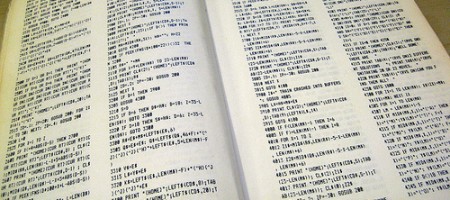At the Association of Computational Linguistics conference in Bulgaria last month, researchers from CMU presented a model for cinematic archetypes: “Learning Latent Personas of Film Characters.” The model uses the descriptive language of Wikipedia entries along with personal data of actors in films to automatically induce a set of character personas: the traitor, the flirt.
As a literary scholar who studies both novels and films, I read the paper with interest, curious to see how NLP researchers could advance my field. The paper opens with a gloss of Aristotle: the debate over the supremacy of plot versus characters. It goes on to situate itself within what literary scholars call archetypal theory, referencing the anthropologist Joseph Campbell and the psychotherapist Carl Jung. I was pleased to see this nod towards several millennia of thought on the nature of literature.
I was disappointed, however, to notice that the literature review failed to mention any of the work done in the latter half of the twentieth century. This is a problem for the utility of the model from the perspective of literary scholarship. The paper is clearly exemplary NLP work, as evidenced by the fact that it was published at the most prestigious conference in the field. But to be truly interdisciplinary, the project must be cutting edge in the field of literary scholarship too.

